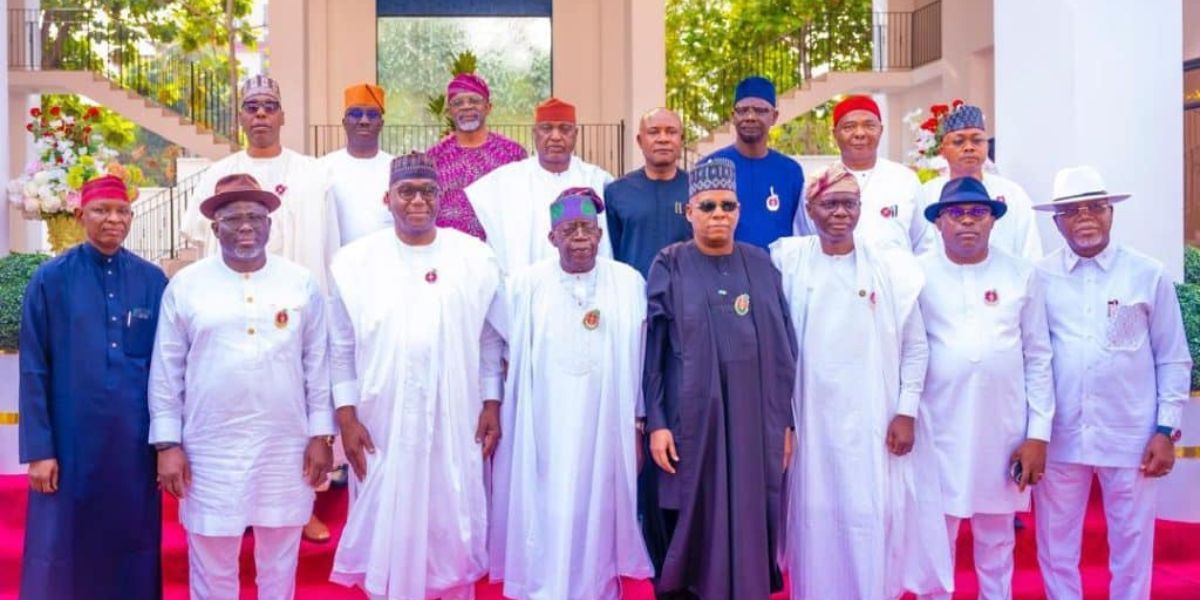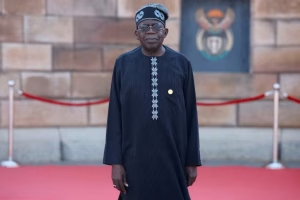
The Socio-Economic Rights and Accountability Project (SERAP) has initiated legal proceedings against the administration of President Bola Tinubu and the 36 governors of Nigeria, contesting the purported misuse of the Cybercrimes (Amendment) Act 2024.
Reports indicate that the lawsuit contends the legislation curtails free speech and violates the rights of Nigerians, encompassing activists, journalists, bloggers, and users of social media platforms.
This legal move follows a 2022 ruling by the ECOWAS Court, which deemed Section 24 of the Cybercrime Act 2015 as “arbitrary, vague, and repressive,” and mandated the Nigerian government to annul it in order to adhere to international human rights standards.
Although the amended 2024 Act has eliminated Section 24, SERAP maintains that the law is still deficient, referencing provisions that could be utilized to hinder free expression.
Filed under suit number ECW/CCJ/APP/03/2025 at the ECOWAS Community Court of Justice in Abuja, the lawsuit underscores concerns regarding ambiguities in the revised legislation. SERAP specifically asserts that terms such as “cyberstalking” are overly broad, rendering the law susceptible to misuse. For instance, Section 24(1)(b) criminalizes actions that result in a “breakdown of law and order,” yet fails to provide precise definitions, potentially constricting peaceful and legitimate expression.
SERAP claims that the law has been weaponized against dissenters, citing instances where activists, journalists, and social media users have endured harassment, arrests, and prosecutions under its provisions. Noteworthy examples include activist Dele Farotimi and journalist Agba Jalingo, both accused of “cyberstalking.” Additionally, others have been apprehended for social media commentary critiquing product quality or alleged cyberbullying.
The organization asserts that this legislation contravenes Nigeria’s international human rights commitments, including provisions under the African Charter on Human and Peoples’ Rights and the International Covenant on Civil and Political Rights.
SERAP is requesting that the court declare Section 24 of the 2024 Act unlawful, order its repeal or amendment, and compel the government to align the law with international human rights standards.
Furthermore, the lawsuit seeks a declaration affirming that the government’s enforcement of the law infringes upon freedoms of expression, access to information, and media rights.
SERAP posits that safeguarding these rights is essential for the sustenance of democracy and the advancement of civil society.
The ECOWAS Court has yet to schedule a hearing for this matter.







